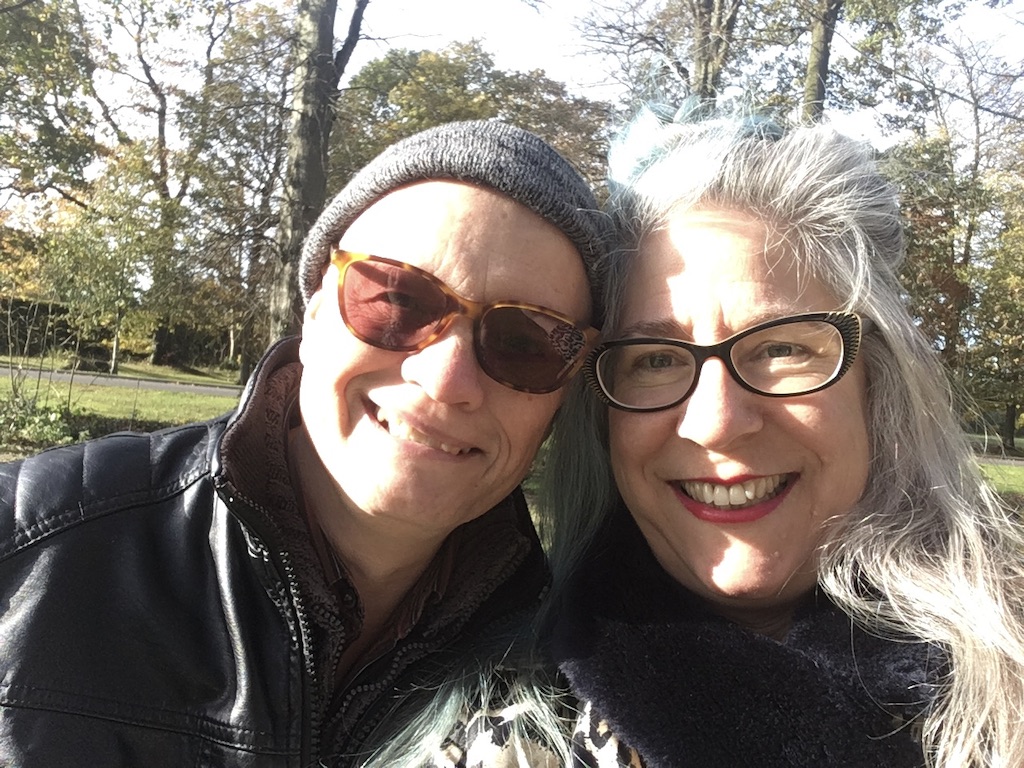Feeding the people of the future
The global conversation at Expo 2020 has now turned to the ‘Future of Food’ and more specifically what we will be eating in 30 years time. The market for alternative proteins is on the rise but will it replace meat or exist alongside it? Several of our Kea Community talk about the changes they have seen in the alternate proteins market and the opportunities they see for New Zealand moving forward.
Rosie Bosworth has always been passionate about food, growing up she says she spent more hours in the kitchen than anywhere else in the house. She is also passionate about science and sustainability, so when she discovered research into alternative proteins during a stint studying in Holland, she realised she had found the perfect way to combine her passions.
“I became really focused on alternative proteins and options like vertical farming systems and other ways food can be grown. I got onto a trajectory of how tech and innovation can change the paradigm of sustainability, and I was lucky enough to follow that passion and have since worked for several future food companies in the United States, and am currently working for a think tank in NZ which is looking at the future of food.
Rosie says the biggest challenges New Zealand faces is the country’s reliance on agriculture and the ability to communicate how fast changes around food production are taking place.
“The challenge is how do we position our food production system in the future so that as new future foods and alternative proteins become increasingly more mainstream, we create a more resilient food sector in New Zealand and ensure existing sectors don’t take a significant downfall or become overshadowed by these new technologies. The other challenge is getting that message across in a really urgent way. New Zealand is quite laid back and we have been a bit cut off for a few years, and we don’t really see the pace of changes that’s happening elsewhere and because of that we are not moving at the pace we need to to keep up. There is this belief here that there will always be a strong demand for meat and traditional animal products on the global market and the psyche around this sort of thinking can create a problem when it comes to moving forward and developing complementary offerings for NZ.

One business which is moving forward to embrace the alternate based food production industry is Angel Foods. Founder and CEO Alice Shopland adopted a vegan lifestyle in 2004 and several years later her and husband Colin Woods developed their own vegan cheese recipes. Last year Angel Foods produced over 150 tonnes of vegan cheese which can be found in mainstream supermarkets and pizza chains around New Zealand.
Alice says Angel Food customers aren’t just vegans but also those who are dairy intolerant, on plant-based diets and even those who continue to eat animal products but want to cut back. She credits an awareness around environmental impacts of dairying as having a big effect on markets.
“That awareness of how dairying was contributing to our water quality and the swimmable rivers campaign created a big shift. Before that it was hard to get people to understand why you would be making a dairy-free version of dairy cheese. There was also the point where one of the major petrol stations added a vegan pie to their regular offering and in that same year you could get vegan ice creams which was amazing to see.”
Another player in the Sustainable food space is Jade Gray. Jade’s family are 4th generation grocers and he has worked on various farms and at a variety of food and beverage businesses across China. In 2003 he launched his own F&B business in China and later launched the country’s first B Corp certified pizza chain in Beijing. Since moving home Jade has launched Off Piste a company which creates plant based meats using pea protein. The business goal is to replicatice, mimic and ultimately supersede the nutritional value of red meat.
Off-Piste has teamed up with Massey University and also the Callaghan institute to increase their R&D. Jade says his company isn’t aimed at vegans, but rather at people who want to reduce meat in their diet. He says one of the problems plaguing the industry is this idea that it’s one or the other.
“The biggest myth I think, is the myth that there is a massive vegan movement happening, this is not the case. There is in fact a huge flexitarian movement happening. The changes are seeing are not going to move the dial to people abstaining from animal products, rather we will see a big movement of people reducing animal products. There is this myth that it is one or the other, this isn’t true. Alternate proteins won’t knock out meat, they will both exist together.”
Last year $4.9 billion was invested last year in alternate proteins and while that may sound small it’s three times the amount of the last three years combined. Jade says New Zealand’s extensive understanding of genetics and breeding should be seen as a real asset to position the country as a world leader.

“New Zealand has been a leader in genetics and breeding of animals and plants for decades and all this knowledge can be used as we look to increase plant based alternatives and in particular cellular meats. We also have an abundant amount of resources, some of which are really unique which we could put into alternate proteins, but currently it would be fair to say we are not leveraging those as much as we could.
Rosie agrees it is time for New Zealand to step up and says the country’s food producing heritage will stand us in good stead.
“New Zealanders are exceptional food producers and we have managed to change food production systems in the past and we can certainly shift again. I think the fact that we do have a number of open and entrepreneurial farmers out there is a great start. We need to look at the premiumisation of products and create a shift towards products which are regenerative. We have such a rich diverse country here where we can grow many things and grow them well, we are really only just scratching the surface of what we can achieve.”

 MENU
MENU






